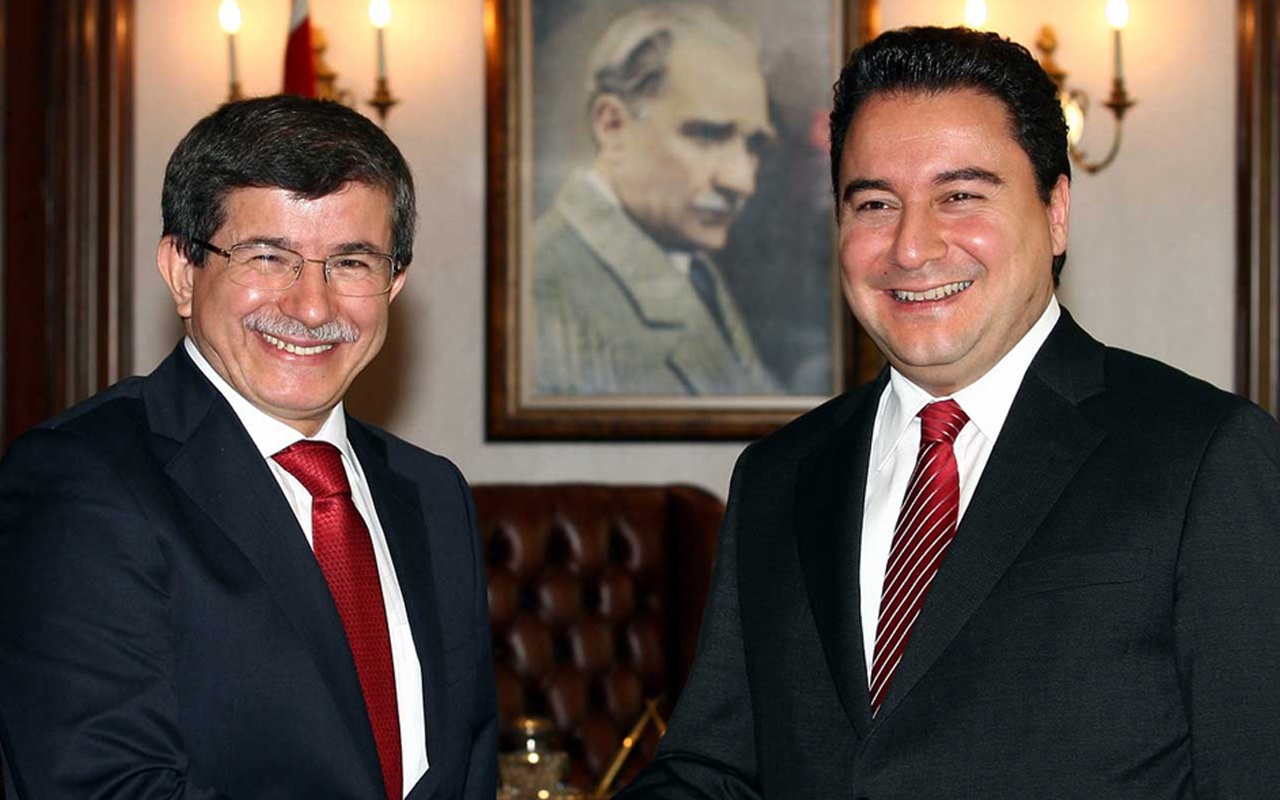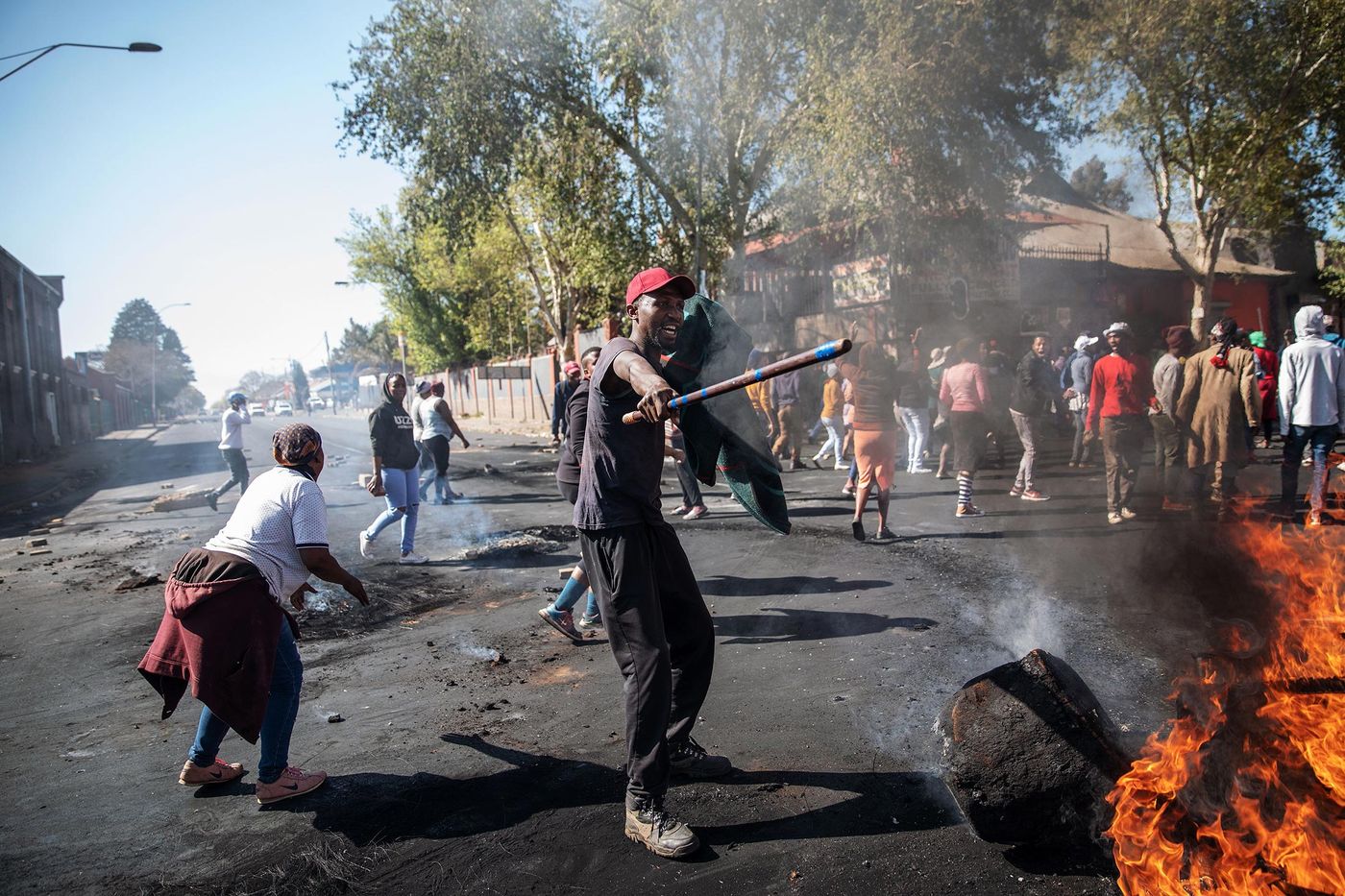Following A Big Defeat
It was a close win after all. Although the President of Turkey, Recep Tayyip Erdoğan, gained the vote of nearly 52 per cent of Turkish electorate in 2016, his ruling Justice and Development Party (AKP) came far behind their leader, with 42 per cent of the votes. They were once again forced to maintain their alliance with the radical right-wing Nationalist Movement Party (MHP).
It was a warning sign for Erdoğan, but he did not act accordingly. With the economy and foreign policy failing dramatically; with the unbearable rise of unemployment and the decline of trust in the judiciary; tables need to move only a little to cause change in Turkey – and president’s former allies are making them.
Nowadays, everyone in Turkey talks about the new political parties which allegedly will be established in the coming months. Some try to cover up their fears by pouring hatred upon them. Some consider them as reasons for hope. And some describe them as reflections of Erdogan. Though, no one is ignoring them.
Since the president’s policies started to become more totalitarian, and Erdogan became the only leader of his party, which, in the beginning, described itself as a socially conservative and economically liberal, pro-Western party, rumours of a new party born inside the AKP began to emerge in the media.
Till this summer, it was only talking; but everything changed in the past months.
Firstly, Erdogan lost nearly every big city in the local elections held on the 31 March, including the capital, Ankara, and Istanbul. Which meant that the opposition won in areas that amount to nearly 70 percent of the Turkish economy, according to Turkish Statics Foundation (TUIK).
Secondly, on the 23rd of June, Erdogan’s AKP lost the re-run for the Istanbul municipal election, which lacked a legal basis to be repeated. With a major difference. Opposing Republican People’s Party (CHP) candidate, Ekrem Imamoğlu, beat his rival Binali Yildirim, former Prime Minister, by gaining 54 per cent of the votes, thus expanding his margin from 13,000 on the 31st of March, to more than 800,000 votes.
Erdogan’s image was broken. He was losing. So, an almost decade-long gossip suddenly found a basis in reality: Opposing figures of Erdogan’s party had emerged and started to act.
Davutoglu & Babacan To Act
There are three leaders for two separate parties.
On the one hand, Ahmet Davutoglu, former Prime Minister and leader of AKP, who was forced to leave office by a small clan in his party in 2015, declared in a conference that ‘a new path was needed to be found or we collapse’. After that, he published a manifesto in which he reflected on falsehoods of Erdogan, from diplomacy to press freedom and the economy.
He also gave several interviews to opposing media outlets, and as a result, AKP started the legal process to expel him and his team from the party. Neither he or his team waited for the process to be completed. They resigned from the party that they had served for almost two decades.
While Davutoglu declared his resignation today in a press conference, he also said that ‘By expelling us, the party showed that they expelled the values which built AKP in the first place’. Doing so, Davutoglu also clarified that he will be leading a new political movement which idealises AKP’s first years in power: ‘Right now, AKP cannot offer solutions to the problems we face.’
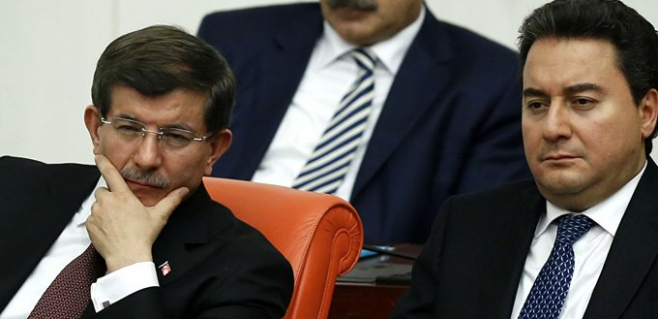
On the other hand, the voice of the former Minister of the Economy, Ali Babacan, became inescapable when he resigned from the ruling AKP. In an interview he gave after 4 years of silence, he declared that he was establishing a new political movement. He also confirmed that former president and leader of the AKP, Abdullah Gül, is supporting Babacan’s cause.
Babacan’s resignation and Gül’s appearance as an opposing figure did not come as a surprise. As prominent journalist Kadri Gürsel rightly points out , during his time as Deputy Prime Minister, Babacan made it clear that he disapproved Erdogan’s populist governing methods. Defining populism as a ‘malaise’, he said that the country needed ‘an economic and financial structure built on credibility that is in harmony with the world and integrated with the world.’
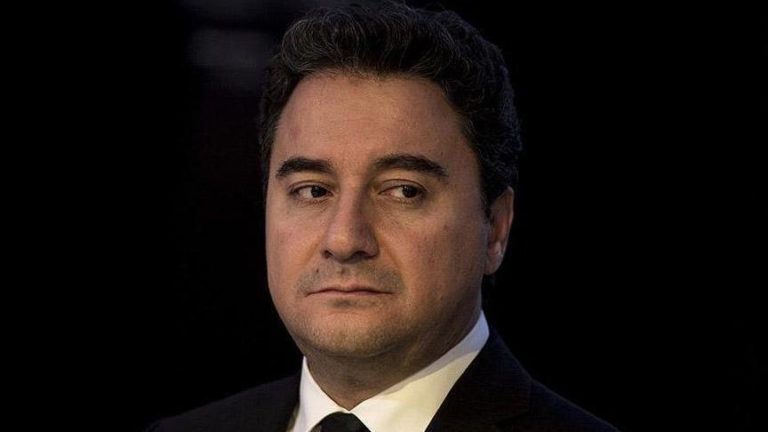
Unlike ideologue Davutoğlu, Babacan does not have an ideological commitment to political Islam; but he is a conservative who believes in economic and social liberalism. For that reason, it is logical to expect him to found a centre/centre-right movement. Doing so, Babacan could gain support from the conservative middle class.
In fact, multiple sources also confirm that his intention is not to establish ‘AKP2.0’ – that is Davutoglu’s play. To build a wall between his political past and future, and to show to the political elite that the movement will not polarize but bring people from different political views together, Babacan is attempting to persuade both former ministers and prominent figures such as social democrat Zulfu Livaneli and internationally respected scholars such as Daron Acemoğlu (currently teaching at MIT) to join him.
Dramatic Change To Come
In the meantime, Erdoğan’s AKP ignores Gül’s, Babacan’s, and Davutoğlu’s roles in the history of the party.
On the 24th of August, former and current MPs, Ministers, and supporters of the AKP celebrated the 18th ‘birthday’ of their party but former leading figures were not invited to the event. Their names were not mentioned on the billboards and movie clips that told the story of the party they co-created. Yet Erdoğan does not ignore them. On the contrary, he criticizes his former comrades constantly by stating that some ‘people could not carry the weight of our cause’.
Turkey, however, is not the same country which gave tremendous support to Erdoğan and his allies. This means the former leading figures of the AKP need to embrace this political change too.
Nationalism defines the political sphere now. According to data shared by analyst Nezih Onur Kuru, as the economy declines in Turkey, the proportion of people, nearly 70 per cent, who state that they do not welcome refugees, rises constantly. As journalist Afsin Yurdakul noted in an article published in the New York Times, the hatred can become dangerous sometimes:
‘In June, a group attacked Syrian storefronts after rumours spread that a Syrian refugee had sexually assaulted a Turkish girl in Istanbul. Anti-immigrant hashtags such as #SuriyelilerDefoluyor (Syrians getting the hell out) or #UlkemdeSuriyeliIstemiyorum (I don’t want Syrians in my country) that had been around reappeared on social media.’
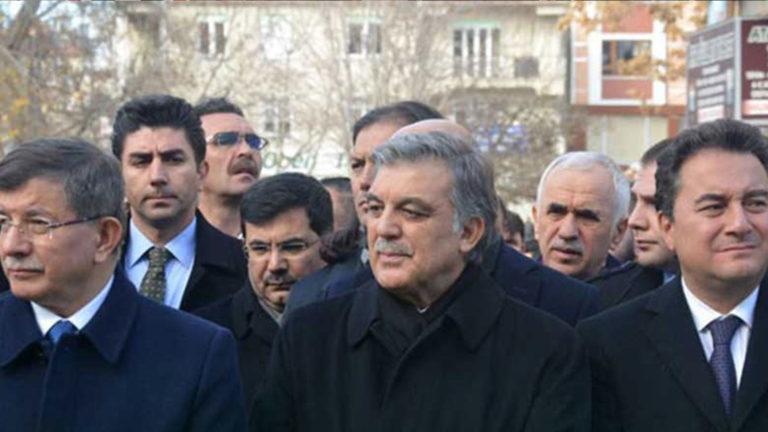
In addition, a survey run by Kadir Has University shows that this year, 2019, fewer people describe themselves as believers in ‘political Islam’ or as ‘Conservatives’; though, compared to last year, many more people defined their political views as ‘Republican’ or ‘Nationalist’. Recent mayoral elections confirmed this trend too.
Nationalist leader Devlet Bahçeli, who is also Erdogan’s ally in the parliament, argued after the elections that his party, the Nationalist Movement Party (MHP) had 18 percent of the votes. Yet, because of Bahçeli’s alliance with the president, in some places MHP did not have any candidates for office, so it is not possible to calculate their share of votes exactly.
However, the point of Bahçeli’s argument was to show Erdogan that his part in the alliance mattered dramatically since MHP and Erdogan’s AKP combined had nearly 52 per cent of the votes.
The Future
It is questionable whether the rise of votes for MHP was a result of its own success. Or whether it was a warning for Erdogan by people who supported him for years. After all, it was not Erdogan’s critics who voted for MHP. Prestigious research company KONDA’s CEO, Bekir Ağırdır, argues that as much as 15 percent of the electorate that have supported for years mostly the AKP and some MHP, are now looking for an alternative.
New Istanbul Mayor Imamoğlu shined as an alternative with his conservative background and depolarizing rhetoric. His success in Istanbul came with nationalists voting for him and conservatives not going to the ballot.
The political environment forced the government to change their political behaviour too. It was state’s policy to welcome ‘guests’, as they put it, but lately, further registrations for Syrian refugees in Istanbul was closed down and refugees who are not registered in the city were given time until the end of August to leave town.
Will the new political movements act accordingly? Or will they act as they rose to power in 2002? Both of these questions stay unanswered because both Babacan and Gül, and Davutoğlu are not in a rush since the next intended elections are 4 years away – though Turkey got used to snap elections. However, it is also clear that even slight support to the new political parties can give them the strategic heft to determine who will win: It is either Erdoğan or the opposition.
To put all of it in two sentences only: A slight push by Erdoğan’s former allies can cause a dramatic change in Turkey. But they cannot miss the fact that it is not the same country that gave support to Erdogan and his comrades in the first place.
Editor’s Note: The opinions expressed here by Impakter.com columnists are their own, not those of Impakter.com – In the cover picture: Babacan and Davutoglu Image Credit: Sabah TR


